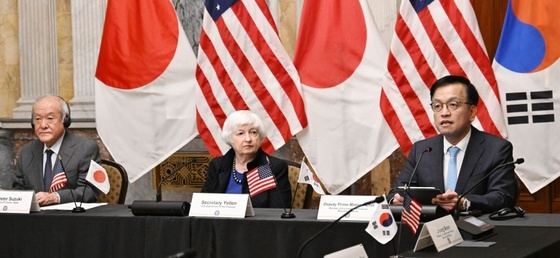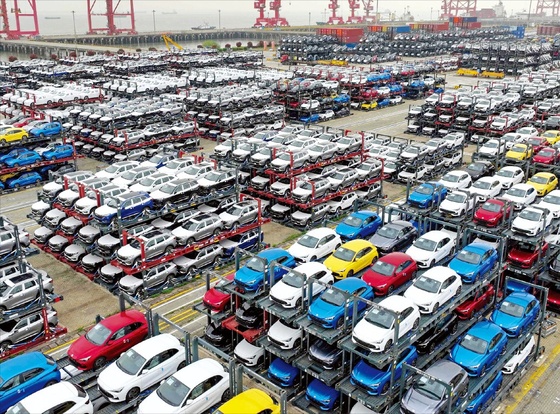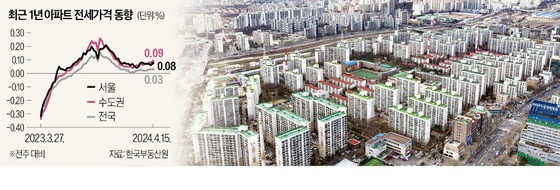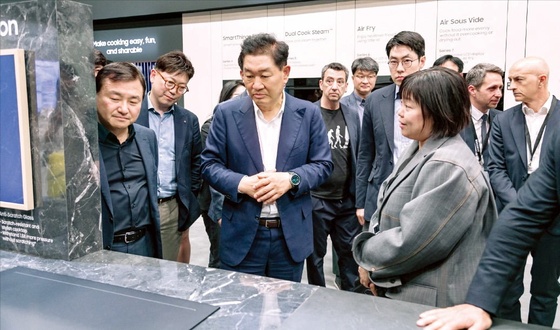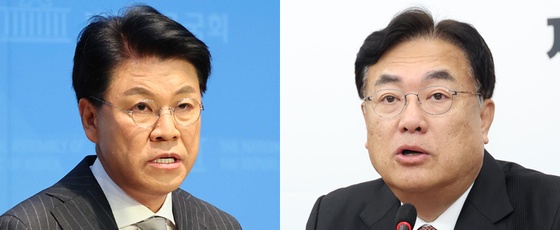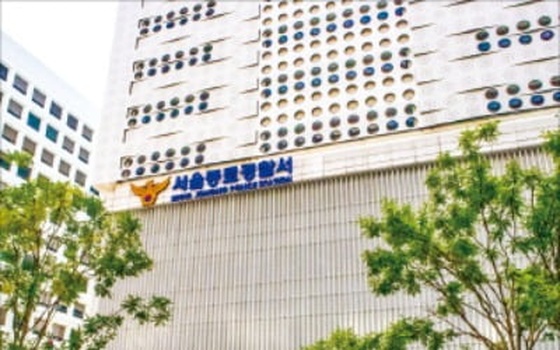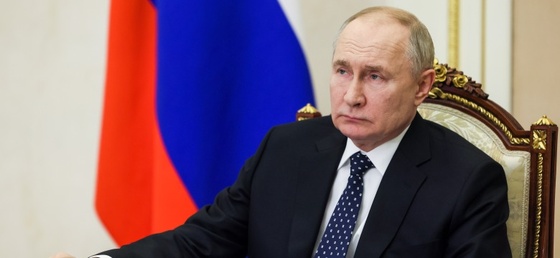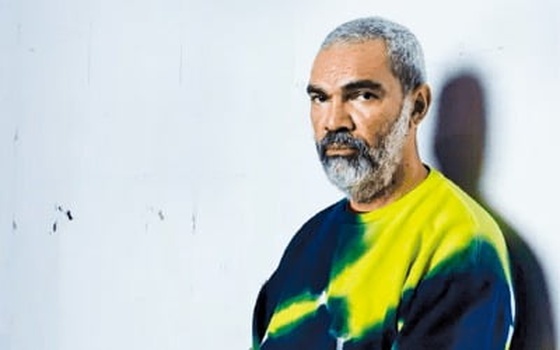[경제노트] (영어로 배우는 국제경제) 'Currency boards'
Brazil''s devaluation and the high interest rates investors are
demanding for holding assets denominated in the Brazilian currency are
the latest examples of how impractical it is for an emerging country to
operate with a fiat monetary system.
Such a system is one in which the currency is backed by faith that the
government will follow policies that will defend the value of money at
all costs, even the health of the economy.
Investors, both in and out of emerging countries, have learned that
there is no basis for such faith.
So they demand currency-risk premiums in the form of higher interest
rates, raising the countries'' cost of capital and hurting their
economies.
Ebbs and flows in this faith bring volatility to their currencies and
interest rates, inflicting boom-bust cycles on their economies and
markets.
For this reason, emerging countries should irrevocably link their
currencies and, in turn, their monetary policies to something investors
have more faith in, most practically an appropriate reserve currency.
If investors knew that the link was assured, they would not demand
currency-risk premiums to compensate them for devaluation risk. (중략)
For capitalism to work, lenders must feel comfortable giving up their
current buying power in exchange for promises that they will be given
specified amounts of currency in the future.
Unless lenders are confident that borrowers will deliver the promised
amounts in currencies that will have value, capitalism won"t work.
(중략)
Clearly, then, emerging countries should establish some sort of hard
convertibility.
Probably the most viable form is a currency-board system.
*3월 15일자 Barron''s(월가 투자 전문지) 칼럼, by Ray Dalio, president of
Bridgewater Associates.
------------------------------------------------------------------------
< 요약 >
외환위기로 세계경제에 주름살을 입히고 있는 브라질 등 개도국들이 사태를
해결하기 위해서는 커런시 보드(통화 위원회)제도 등 보다 근본적인 대책을
도입해야 한다는 긴급 제언을 담고 있다.
경제자립 능력이 불충분한 개도국들이 운영하고 있는 현행 불환통화제도는
일련의 외환위기를 통해 "실패작"임이 명백히 드러났다는 주장이다.
현재의 통화제도 아래서 외국인 투자를 끌어들이기 위해서는 불안정한
통화 리스크에 대한 프리미엄으로서 고금리 정책을 펼 수밖에 없고, 이는
실물경제 파괴로 이어져 통화 리스크를 더 높이는 악순환이 빚어지고
있다는 것.
그렇다고 일정한 리스크 프리미엄을 요구하는 외국인 투자자들을 탓할 수도
없는 노릇이다.
원리금 회수에 대한 보장도 없이 무턱대고 거액을 투자할 사람은 아무도
없기 때문이다.
자본주의 원리가 제대로 작동되도록 하기 위해서는 미래에 대한 불안감 없이
투자가 이뤄질 수 있게 기본 환경을 정비해주는 일이 선행돼야 한다.
그렇지 않을 경우 자본주의는 마비되고 말 것이다.
결국 개도국들이 경제기반을 손상당하지 않고 외국인 투자를 끌어들이기
위해서는 통화제도 정비가 불가피하며, 가장 유력한 대안은 자국 통화를
달러화 등 국제 기축통화와 일치시키는 커런시 보드제도의 도입이라는 게
국제 환투자 전문가인 필자의 결론이다.
-----------------------------------------------------------------------
< 용어 설명 >
<> 커런시 보드(통화위원회)제도
자국 통화의 대외가치(환율)를 미국 달러화와 같은 기축통화에 고정시키고,
외환보유액의 범위 안에서만 화폐를 발행하는 제도.
환율 안정을 최우선 목적으로 삼고, 국내 통화.금융정책은 이 목적에 종속
시킨다.
이를위해 중앙은행 기능이 정지되는 대신 독립적인 통화위원회가 설치되며,
이 위원회는 자국 통화와 기축통화간의 환전(태환)을 1백% 보장한다.
그 대신 국내 통화량이 외환보유액 규모에 의해 결정되기 때문에 통화당국이
마음대로 화폐발행액을 늘리거나 줄일 수 없다.
현재 아르헨티나를 비롯해 홍콩 에스토니아 리투아니아 보스니아 불가리아
등이 이 제도를 운영중이다.
< 뉴욕=이학영 특파원 hyrhee@earthlink.net >
( 한 국 경 제 신 문 1999년 3월 15일자 ).
-
기사 스크랩
-
공유
-
프린트
![[한경에세이] 비상이다. 비상!](https://img.hankyung.com/photo/202404/07.35991182.3.jpg)
![[허원순 칼럼] 22대 국회 '역대 최대' 법률가들의 4가지 책무](https://img.hankyung.com/photo/202404/07.30347388.3.jpg)
![[차장 칼럼] 실장·수석보다 힘 센 용산 비서관](https://img.hankyung.com/photo/202404/07.15766853.3.jpg)
